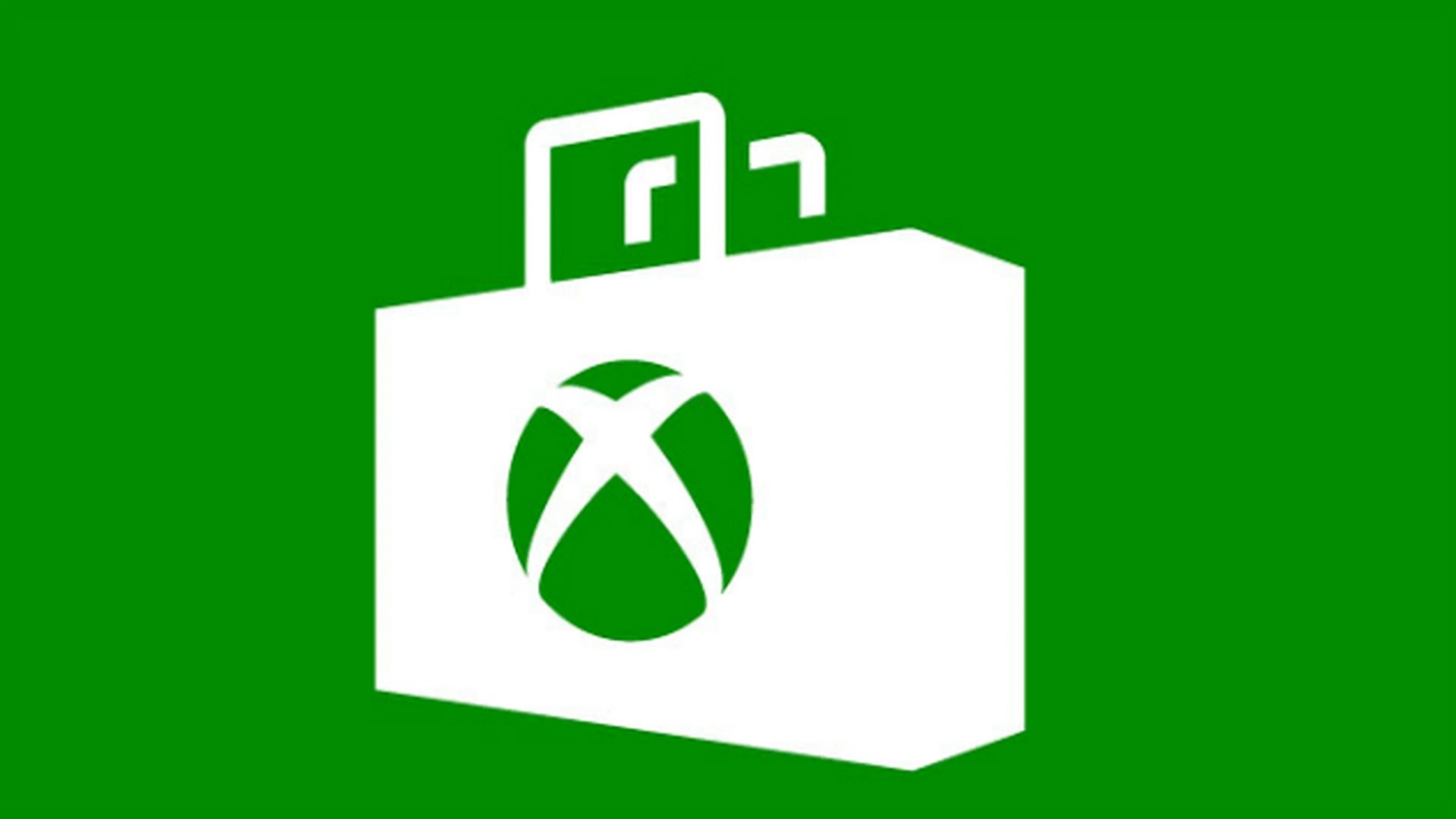An environmental report points out that physical editions are much more polluting than the digital format.
More stories in the category News
- Start the weekend with a new free platform game for Xbox Series
- Xbox Cloud Gaming expands “Stream your own game” with five new compatible titles
- Xbox users blast Konami over Silent Hill Townfall: “It’s ridiculous that it’s not a launch title
| Don't miss anything and follow us on Google News! |
The eternal debate between buying physical or digital games (I’m team hybrid) now has a new environmental argument. According to a study conducted by the French consulting firm Greenly, manufacturing and shipping physical copies of video games generates up to 100 times more carbon emissions than digital versions. The report, titled The Carbon Footprint of Gaming, analyzes the environmental impact of major platforms (PC, consoles, mobile, and handheld devices) and their different consumption patterns.
As reported by GamesIndustry, producing and shipping one million physical discs can emit over 312 tons of CO₂, compared to just 3 tons from downloading the same number of digital copies (about 70 GB). The difference lies mainly in the energy expenditure and materials used to manufacture discs, cases, and packaging, as well as transportation.
Xbox Series digital, one of the most sustainable consoles according to the report
The document, signed by researcher Stéphanie Safdie, warns that the environmental impact doesn’t end with manufacturing. Traditional consoles, combined with the energy consumption of televisions, produce around 2.6 million tons of CO₂ per year in the US alone, while PCs reach over 277 million tons globally.
In contrast, handheld consoles (like the Nintendo Switch or similar devices) are the most eco-friendly option, with an average annual emission of just 13.8 kg of CO₂ per user. However, the report also acknowledges the positive role of cloud services like Xbox Cloud Gaming, which don’t require physical support or additional hardware, although it warns of their high energy consumption in data centers.
Xbox Series S, the most eco-friendly
One of the study’s highlights is the direct mention of the Xbox Series S, described as “one of the most eco-friendly products on the market”. Greenly highlights its low energy consumption and the use of recycled materials in its manufacturing, making it an example of sustainability in the industry.
Among the report’s recommendations are measures such as console trade-in programs, default settings that reduce energy consumption, incentives for low-impact downloads, and greater promotion of the second-hand market, similar to “retro” stores or refurbished products.






